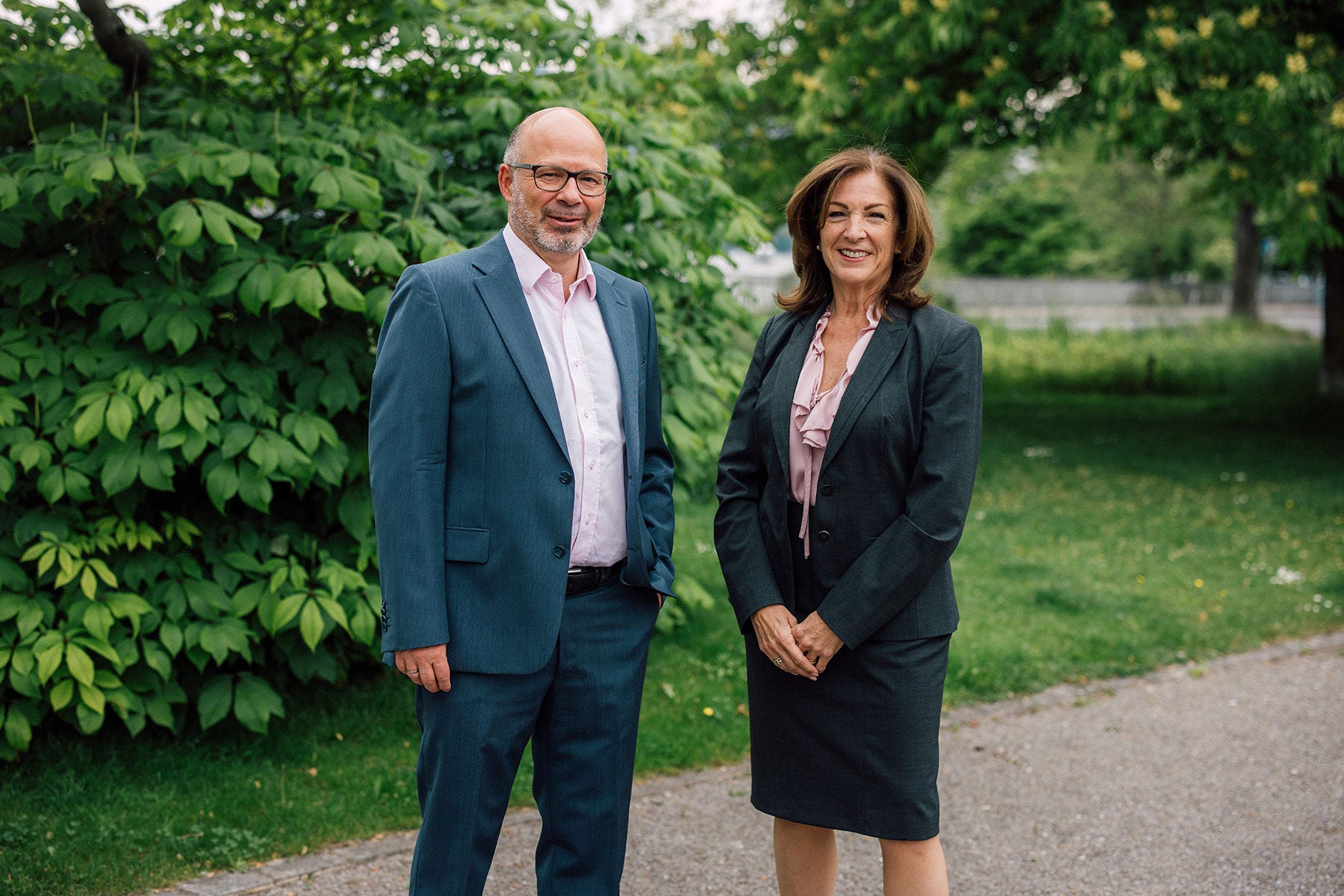From start-up to game changer – in our exclusive interview with Gina Domanig, Managing Partner of Emerald Technology Ventures, we talked about impact-driven investment strategies and the importance of best practices on the board from the beginning.
She explains why venture capital is not just a financial transaction; it’s also about nurturing a culture of good governance.
As a member of the World Energy Council and of the World Economic Forum Global Future Council on Food and Water Security, she gives her view on why an ecosystem perspective is essential in tackling the world’s most pressing climate challenges.






